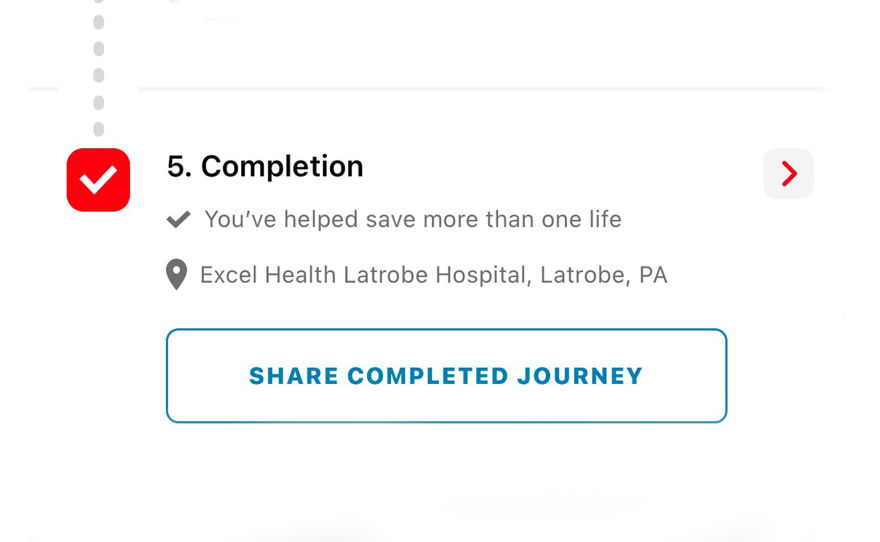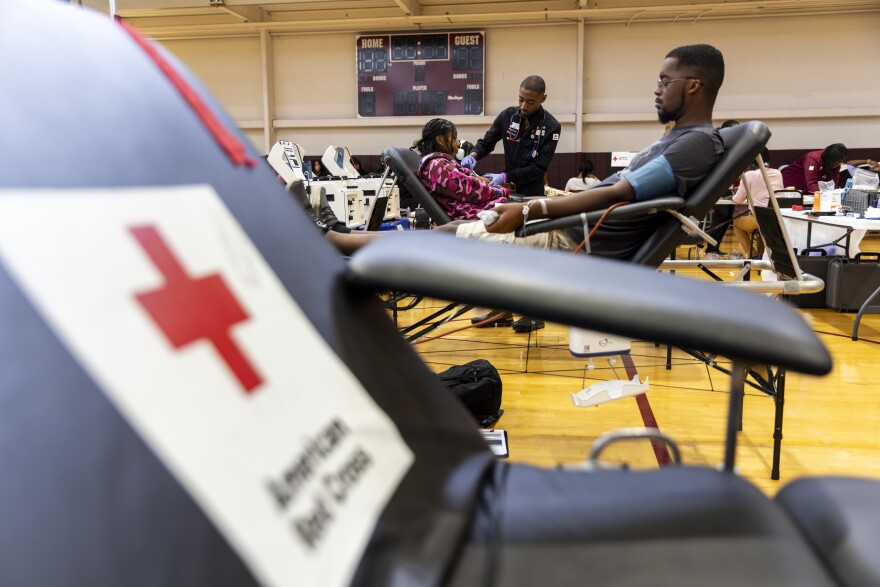Sharing where blood donations go and when they’re used could encourage blood donors to give again, according to recent research co-authored by a Penn State professor. The study was recently published in the Journal of Science Research.
Karen Winterich is a sustainability and marketing professor at Penn State’s Smeal College of Business. She and other researchers worked with the Austrian and German Red Crosses to test blood use notifications by text and mailed letters.
“And what we found is largely that [there is] about [a] 10-to-12% boost in repeat donation when you don't just thank them, but you thank them and tell them where the blood was used, when the blood was used,” Winterich said.
Winterich said it’s important for people who are eligible to give blood to do so repeatedly.
“And that's why we think this research is impactful, because it says ‘How do you get those people that you got in the door one time, how do you get them to come back and donate again, if they just come in and donate once?’” Winterich said. “And then they hear nothing about how their blood was used, they might not feel very compelled to come back, give their time and their blood again.”

Winterich said the organizations did not share the name of the person receiving the blood, only information about the hospital and the date it was used.
On the other hand, she said giving those details right before the next time someone was eligible to give blood discouraged donations. She believes donors then saw the information as a tactic.
“You can't just use this information to try to manipulate or persuade them. It's more about being genuine and communication about how the blood is used at the time it happens,” Winterich said.
Besides encouraging repeat blood donors, Winterich says these findings could be used by nonprofits to encourage repeat financial donors.
On Monday, the American Red Cross declared an emergency blood shortage as the number of donors hit a 20-year-low. The American Red Cross does tell donors about when and where their blood donations are used in its mobile app.
Copyright 2024 WPSU. To see more, visit WPSU.





